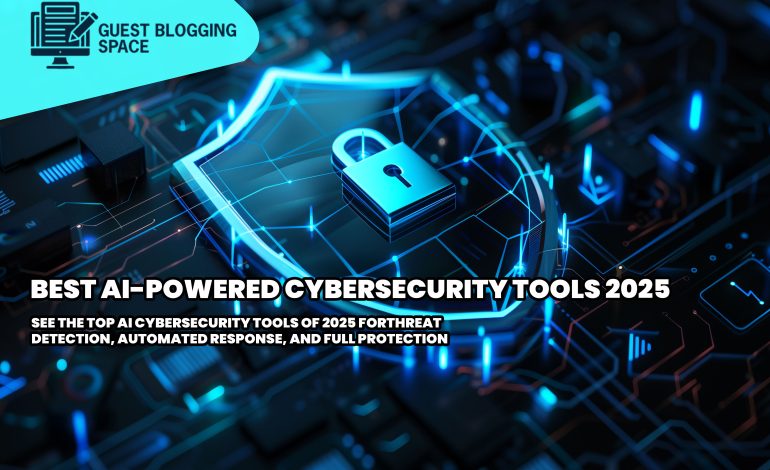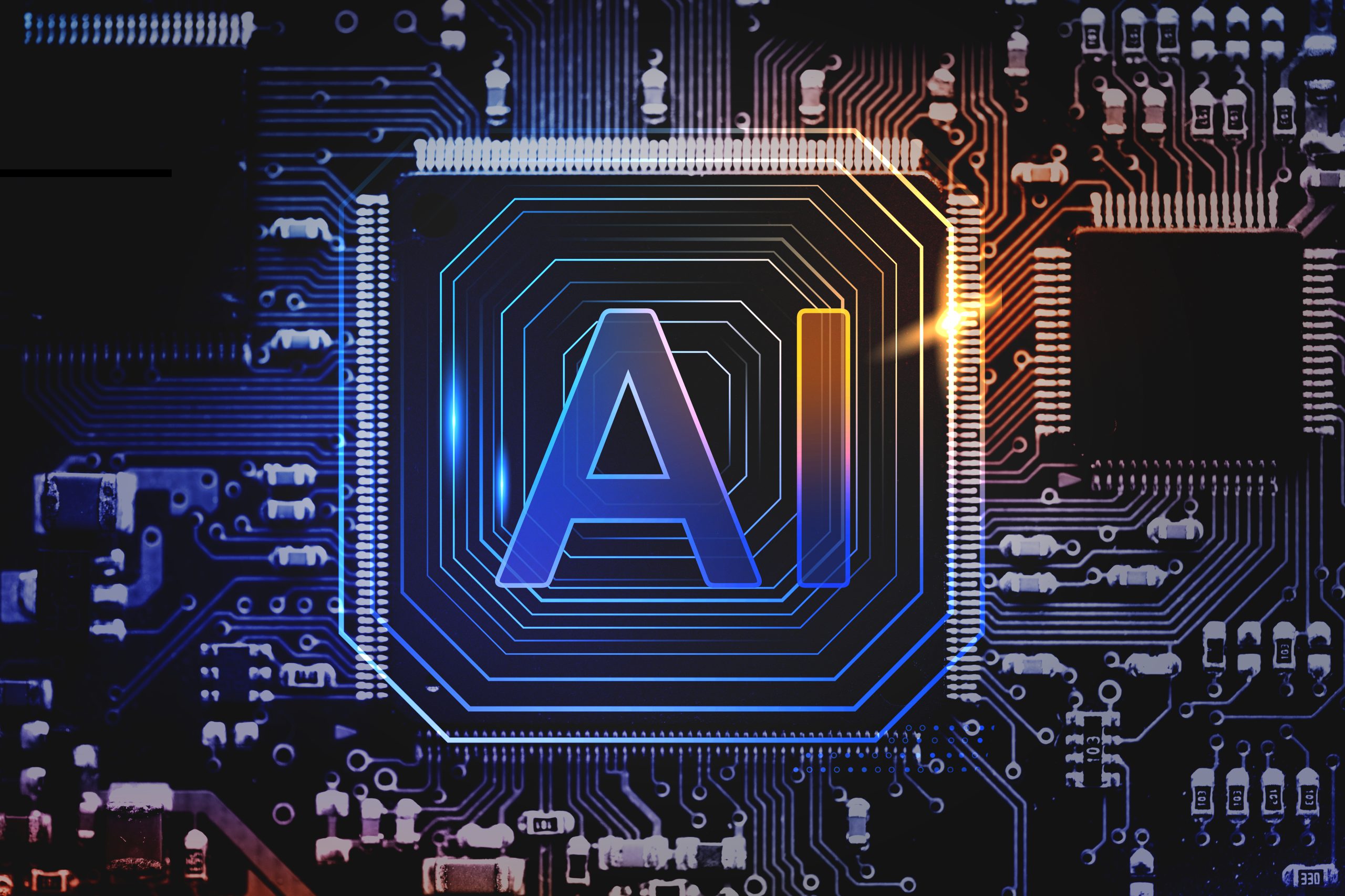Top 10 Blockchain Applications Transforming Industries in 2025

Blockchain technology has moved far beyond its roots in cryptocurrency and is now a game-changer across a variety of sectors. The rise of blockchain applications in 2025 is reshaping how industries operate, especially in finance, where decentralized finance (DeFi) platforms enable peer-to-peer transactions without middlemen, offering services like lending, borrowing, and trading assets.
Big players in the financial world, such as PayPal and Visa, are embracing blockchain to enhance payment efficiency and transparency. In healthcare, blockchain is revolutionizing how patient data is managed by creating secure, interoperable systems that protect privacy and reduce fraud.
Meanwhile, supply chain management benefits from blockchain’s ability to improve traceability and product authenticity, with initiatives like IBM’s Food Trust and LVMH’s verification systems leading the charge. Even voting systems are being reimagined, using blockchain to increase transparency and safeguard democratic processes.
These innovations highlight the transformative impact of blockchain applications in 2025 across the guest blogging space and critical global industries.
What is Blockchain Technology?
Blockchain is a distributed digital ledger designed for secure, verifiable, and transparent transaction recording.
Unlike centralized systems, blockchain operates across a peer-to-peer network, removing reliance on a single authority.
Each block contains a cryptographic hash, timestamp, and transaction data, ensuring traceability and consistency.
This architecture enhances data security, prevents tampering, and builds trust among participants in the blockchain ecosystem.
Key blockchain attributes include decentralization, immutability, and cryptographic protection for data integrity.
Decentralization distributes data across nodes, eliminating single-point failure and enhancing operational resilience.
Immutability ensures historical records remain permanent and verifiable, supporting audit trails and regulatory compliance.
Smart contracts execute automated rules without intermediaries, reducing friction in digital workflows.
Advanced encryption safeguards user identity, transaction data, and confidential smart contract logic.
Top 10 Blockchain Technology Applications in 2025
1. Decentralized Finance (DeFi)
Decentralized Finance (DeFi) platforms such as Uniswap and Aave are reshaping the financial landscape by offering peer-to-peer lending, staking, and yield farming opportunities without the need for traditional banking intermediaries. These platforms leverage blockchain technology to provide secure, transparent, and efficient financial services, enabling users to engage in financial activities directly from their digital wallets.
Uniswap, a decentralized exchange built on the Ethereum blockchain, utilizes an Automated Market Maker (AMM) model, allowing users to trade a wide range of tokens without relying on centralized exchanges. Aave, on the other hand, is a decentralized lending protocol that enables users to lend and borrow cryptocurrencies, offering features like flash loans and staking options. Both platforms exemplify the core principles of DeFi by promoting financial inclusion and providing users with greater control over their assets.
2. Supply Chain Traceability
Blockchain technology is revolutionizing supply chain transparency by providing a secure, immutable ledger that records every transaction from origin to consumer. This decentralized system ensures that each step in the journey of a product is documented, making it nearly impossible to alter or falsify records. Companies like IBM and Walmart are leading the charge in implementing blockchain for real-time tracking of food and medicine, enhancing accountability and reducing the risk of fraud. For instance, Walmart’s collaboration with IBM has enabled the company to trace the origin of products like pork and mangoes in seconds, a process that previously took days or even weeks .
The adoption of blockchain in supply chains offers numerous benefits, including faster response times during recalls, improved food safety, and increased consumer trust. By providing a transparent and tamper-proof record of a product’s journey, blockchain technology empowers consumers to make informed decisions and ensures that businesses uphold the highest standards of quality and authenticity. As more companies embrace this technology, the future of supply chain management looks increasingly secure and transparent.
3. Healthcare Data Management
Implementing blockchain technology in healthcare facilitates secure and interoperable Electronic Health Records (EHRs), enhancing data privacy and accuracy. By decentralizing data storage, blockchain ensures that patient information is encrypted and immutable, reducing the risk of unauthorized access and tampering. This approach empowers patients with control over their health data, allowing them to grant or revoke access to healthcare providers as needed. Consequently, patients can share their complete medical history seamlessly, improving care coordination and reducing administrative burdens.
Healthcare providers benefit from blockchain’s transparency and auditability, which ensure data integrity and compliance with regulations like HIPAA and GDPR. The use of smart contracts automates consent management and access controls, streamlining processes and minimizing errors. Additionally, blockchain’s decentralized nature enhances data security by distributing information across multiple nodes, making it resistant to breaches and ensuring patient privacy. This patient-centric model fosters trust and supports a more efficient and secure healthcare ecosystem.
4. Digital Identity & Authentication
Decentralized identity platforms are redefining how people manage personal data online. Instead of relying on third-party services, users gain full control. With blockchain-based solutions, private details stay secure, verifiable, and tamper-resistant. Projects such as Civic and Serto allow individuals to prove identity without sharing sensitive information. These tools use public ledgers and encryption to protect user autonomy in digital spaces.
Industries like finance, healthcare, and e-commerce are adopting digital identity frameworks for safer interactions. Civic applies decentralized login methods to reduce fraud and meet compliance needs. Serto enables seamless credential sharing across Web3 environments through smart contracts and verifiable credentials. These innovations support transparency, reduce data abuse, and create trust in digital verification processes. As privacy becomes a top concern, decentralized identity systems offer a powerful, user-first solution.
5. Voting Systems
Blockchain technology offers a transformative approach to enhancing the integrity of electoral processes. By utilizing a decentralized and immutable ledger, blockchain ensures that each vote is securely recorded, making unauthorized alterations virtually impossible. This tamper-resistant nature of blockchain significantly reduces the risk of election fraud, providing a robust safeguard against potential manipulations.
Furthermore, blockchain promotes transparency and auditability in elections. Every vote is documented on a public ledger, accessible for verification by all stakeholders, thereby fostering trust in the electoral process. This level of openness enables independent audits and real-time monitoring, ensuring that the election results are accurate and trustworthy. By integrating blockchain into voting systems, the foundation of democratic processes is strengthened, ensuring that elections remain fair, transparent, and resilient against fraud.
6. Intellectual Property Protection
Leveraging Blockchain and NFTs to Protect Creative Work
For digital artists and content creators, blockchain technology offers a robust solution to secure their intellectual property. By using blockchain timestamps, creators can establish an irrefutable proof of ownership and origin for their work. These decentralized records are not only tamper-proof but also offer transparency, making it easier to verify authenticity and combat digital piracy. NFTs (Non-Fungible Tokens) provide a secure way to tokenize digital art, ensuring that creators retain control over their creations. Blockchain networks, such as Ethereum, facilitate the seamless integration of these security features, supporting a new era of digital rights management.
NFT Marketplaces and Royalty Systems for Creators
Platforms like OpenSea and Rarible have revolutionized the way creators monetize their digital assets. These marketplaces enable artists to sell their work directly to buyers while maintaining full ownership rights. By using blockchain, creators can embed royalty contracts into their NFTs, ensuring they receive a percentage of profits from future resales. This model fosters a sustainable income stream, even after the initial transaction. In addition to offering secure transactions, these platforms provide a transparent and decentralized space for creators to showcase and sell their art. The integration of smart contracts ensures fair compensation and rights management, empowering creators in the digital age.
7. Real Estate Transactions
Blockchain technology is transforming industries by streamlining processes, improving transparency, and reducing the need for paper-based systems. This decentralized ledger system ensures that all transaction data is secure, visible, and immutable, which helps establish trust among participants. In sectors like logistics and supply chain management, blockchain enables real-time tracking, reducing fraud and guaranteeing product authenticity throughout its journey from manufacturer to consumer.
Smart contracts, a key feature of blockchain, automate agreements by executing predetermined actions without human intervention. These digital contracts are widely used in industries such as real estate, finance, and legal services to ensure faster and more secure transactions. By eliminating the need for third-party verification, smart contracts minimize the chances of errors or disputes, enhancing both efficiency and reliability for businesses and consumers alike.
8. Insurance Claims Processing
AXA, a leading French insurance provider, has pioneered the integration of blockchain technology into the insurance sector with its “Fizzy” platform. This innovative solution leverages Ethereum’s public blockchain to automate flight delay compensation through smart contracts. Once a flight is delayed by over two hours, the system independently triggers a payout to the policyholder’s account, eliminating the need for manual claims processing .
This approach exemplifies parametric insurance, where predetermined conditions—such as flight delays—automatically activate compensation, enhancing transparency and efficiency. By utilizing blockchain’s tamper-proof ledger, AXA ensures a secure and transparent process, fostering greater trust among consumers. Although the Fizzy project was eventually discontinued, it marked a significant step toward the future of automated, blockchain-based insurance solutions .
9. Energy Sector (Peer-to-Peer Trading)
Blockchain technology is revolutionizing the energy sector by enabling direct energy trading between individuals in microgrid systems. This decentralized approach allows users to sell excess solar energy to nearby consumers, promoting energy efficiency and reducing reliance on traditional utility providers. Blockchain ensures these transactions are secure, transparent, and automated through the use of smart contracts, enhancing trust and reducing operational costs.
This shift to blockchain applications 2025 in energy markets fosters local energy independence and strengthens community resilience. By facilitating peer-to-peer exchanges, blockchain not only makes energy trading more efficient but also accelerates the adoption of renewable energy solutions. These systems are gaining momentum globally, proving that decentralized energy trading can play a crucial role in building sustainable, low-carbon energy systems.
10. Education & Credential Verification
Blockchain technology offers a transformative solution for academic credential verification, addressing prevalent issues of diploma fraud and inefficiencies in hiring processes. By leveraging a decentralized and immutable ledger, educational institutions can securely issue and store digital credentials, ensuring their authenticity and integrity. Employers benefit from real-time access to verified qualifications, streamlining recruitment and reducing administrative burdens. This approach not only enhances trust and transparency but also supports a more efficient and equitable hiring ecosystem.
The adoption of blockchain for credential verification mitigates the risks associated with counterfeit diplomas, promoting a culture of academic integrity. With features like tamper-proof records and direct access to verified data, blockchain empowers both institutions and employers to uphold high standards of qualification verification. As blockchain evolves, it’s set to reshape educational credentialing, promoting accountability and trust in academic records.
Benefits of Blockchain Across Industries
Blockchain technology is revolutionizing industries by enhancing data security, enabling automation, and improving efficiency. Its decentralized nature ensures robust protection against cyber threats, providing a secure environment for sensitive information. The integration of smart contracts automates processes, reducing the need for intermediaries and minimizing human errors. This automation leads to faster transactions and significant cost reductions, benefiting sectors like finance and insurance.
Furthermore, blockchain applications 2025 promise global accessibility and interoperability, enabling seamless cross-border transactions. Its transparent and immutable ledger creates reliable audit trails, ensuring compliance and simplifying reporting. These features make blockchain a vital tool for businesses aiming to boost transparency, efficiency, and stakeholder trust.
Final Thoughts
Blockchain applications in 2025 are shaking things up across multiple industries by offering a decentralized, secure, and transparent way to manage data. Its distributed ledger makes transactions unchangeable and verifiable, building trust without relying on middlemen. This trustless structure is particularly impactful in sectors like finance, where it enhances security and reduces the risk of fraud. Additionally, blockchain’s ability to automate processes through smart contracts improves operational efficiency and drives significant cost savings. By removing third-party checks, 2025 blockchain apps speed up transactions, reduce fees, and streamline operations.
Unlocking New Frontiers with Blockchain Adoption
As the world increasingly embraces blockchain technology, its influence on various sectors is becoming more apparent. Supply chain, healthcare, and real estate use blockchain to boost transparency, ensure data integrity, and verify transactions. For example, in supply chains, blockchain allows for real-time tracking of products, ensuring their authenticity and minimizing fraud risks. In healthcare, it offers a secure way to manage patient records, improving data privacy and accessibility. Blockchain applications 2025 are set to revolutionize business models, driving future innovation and efficiency across industries.
Are you interested in sharing your insights on technology, crypto, or innovation? Submit your guest post at GuestBloggingSpace.com and get featured!
Frequently Asked Questions
1. What industries benefit the most from blockchain technology?
Industries such as finance, healthcare, supply chain, and real estate benefit greatly due to improved security, transparency, and efficiency.
2. Can blockchain be hacked?
While highly secure, blockchain is not entirely immune. However, decentralized and cryptographically secured networks make it extremely difficult to hack.
4. Is blockchain eco-friendly?
Traditional blockchains like Bitcoin use high energy, but newer consensus mechanisms like Proof-of-Stake are far more energy efficient.
5. How can small businesses adopt blockchain?
Small businesses can use blockchain for payments, inventory tracking, customer loyalty programs, and contract automation via existing SaaS platforms.









